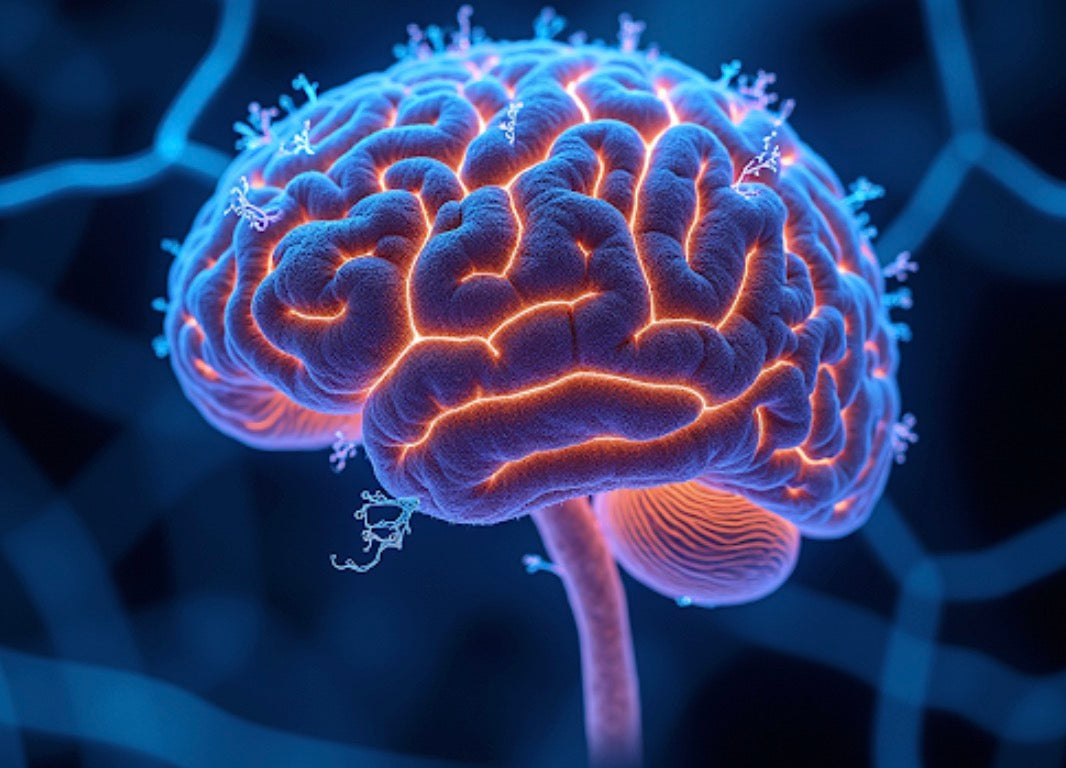
Healing the Mind: How Psilocybin Research Is Rewriting Mental Health Care
|
|
Time to read 6 min
|
|
Time to read 6 min
Table of contents
Psilocybin, the active compound in magic mushrooms, is making headlines for its groundbreaking potential in mental health treatment. This article explores the latest research on how psilocybin therapy may revolutionize care for depression, anxiety, PTSD, and more. We break down the science, compare mycelium and fruiting bodies, and explore what this means for the future of psychiatry and wellness.
⏱️ Estimated reading time: 6 minutes
In recent years, the conversation surrounding mental health has taken a transformative turn, beckoning us to explore the uncharted realms of the mind. Among the most intriguing developments is the resurgence of psilocybin—the compound found in magic mushrooms—showing remarkable promise as a therapeutic agent. Groundbreaking research has unveiled how psilocybin can catalyze profound changes in mental health, providing new hope for those struggling with depression, anxiety, and PTSD. As clinical trials unfold and scientists delve deeper into the mechanisms at play, the implications for future therapies are nothing short of revolutionary. This article embarks on a journey through the latest findings in psilocybin research, examining how these breakthroughs could redefine treatment paradigms and reshape our understanding of mental health. Join us as we unlock the mind and uncover the transformative potential of psilocybin in paving the way for a brighter, more empathetic future in therapy.
n a landmark moment for psychiatric medicine, researchers are unveiling compelling evidence supporting psilocybin's remarkable therapeutic potential. This naturally occurring compound, long shrouded in controversy, is emerging as a promising treatment for various mental health conditions. Let's delve into the fascinating world of cutting-edge psychedelic research and its implications for modern medicine
Psilocybin, the primary psychoactive compound found in "magic mushrooms," has captured the attention of leading research institutions worldwide. Recent studies published in the American Journal of Psychiatry demonstrate its unique ability to influence neural pathways and promote neuroplasticity—the brain's capacity to form new connections and adapt.
When ingested, psilocybin converts to psilocin, which then interacts with serotonin receptors in the brain, particularly the 5-HT2A receptor. This interaction triggers a cascade of effects that can lead to profound shifts in consciousness and potentially therapeutic outcomes
The therapeutic potential of psilocybin extends across various mental health conditions:
An intriguing aspect of psilocybin research centres on the comparison between mycelium and fruiting bodies. While both contain therapeutic compounds, their concentrations and profiles differ significantly. Recent analyses from leading mycological researchers suggest that fruiting bodies typically contain higher concentrations of psilocybin, though mycelium may offer unique therapeutic compounds worthy of investigation.
Clinical trials across prestigious institutions are yielding promising results. Phase III trials are demonstrating significant efficacy in treating various mental health conditions, with particularly robust results in depression treatment.
Key findings include:
While the therapeutic potential is exciting, researchers emphasise the importance of controlled settings and proper medical supervision. Current protocols typically include:
The implications of this research extend beyond immediate therapeutic applications. We're witnessing a paradigm shift in mental health treatment, with potential ramifications for:
Leading researchers in the field remain cautiously optimistic. Dr Sarah Thompson, a prominent psychedelic researcher, notes: "The data we're seeing suggests psilocybin therapy could represent a genuine breakthrough in mental health treatment, particularly for conditions that have proven resistant to conventional approaches.
“Psilocybin therapy could represent a genuine breakthrough in mental health treatment, particularly for conditions that have proven resistant to conventional approaches.”
As research continues to validate psilocybin's therapeutic potential, several challenges remain:
Conclusion
The renaissance in psilocybin research represents a potentially transformative moment in psychiatric medicine. As studies continue to demonstrate promising results, we may be witnessing the dawn of a new era in mental health treatment—one that combines ancient wisdom with modern scientific rigour.
For more information on cutting-edge psychedelic research and therapeutic applications, visit our comprehensive resource centre.
Note: This article is for informational purposes only and does not constitute medical advice. Always consult qualified healthcare professionals regarding treatment options.
This page has been viewed 0 times.
“We are witnessing a paradigm shift in psychiatry—one where ancient wisdom and modern science converge to redefine how we understand and treat the human mind.”
Psilocybin, the active compound in magic mushrooms, is making headlines for its groundbreaking potential in mental health treatment. This article explores the latest research on how psilocybin therapy may revolutionize care for depression, anxiety, PTSD, and more. We break down the science, compare mycelium and fruiting bodies, and explore what this means for the future of psychiatry and wellness.
